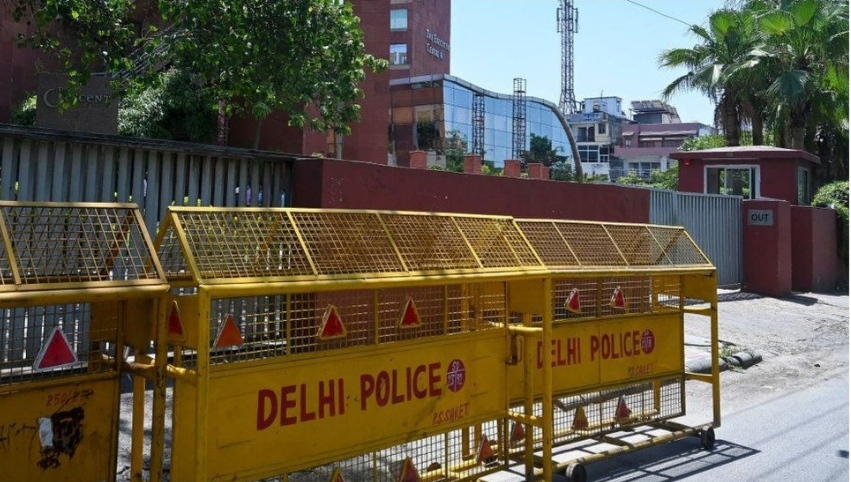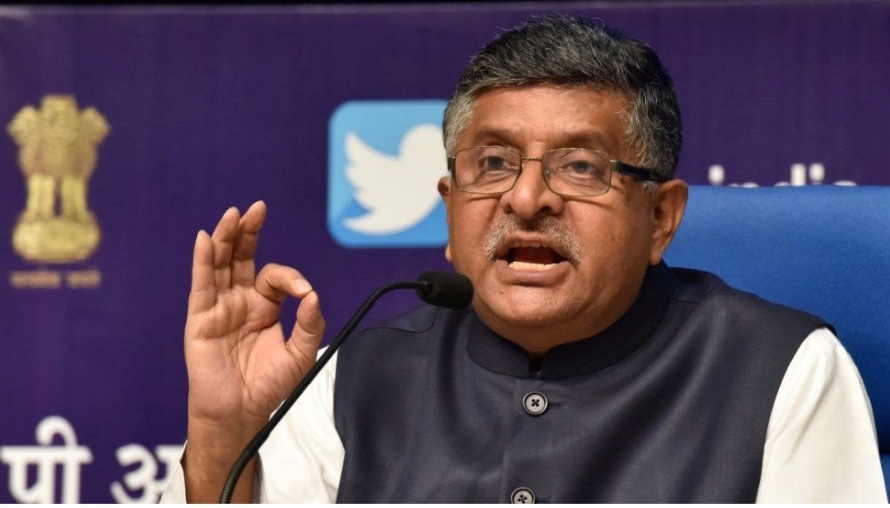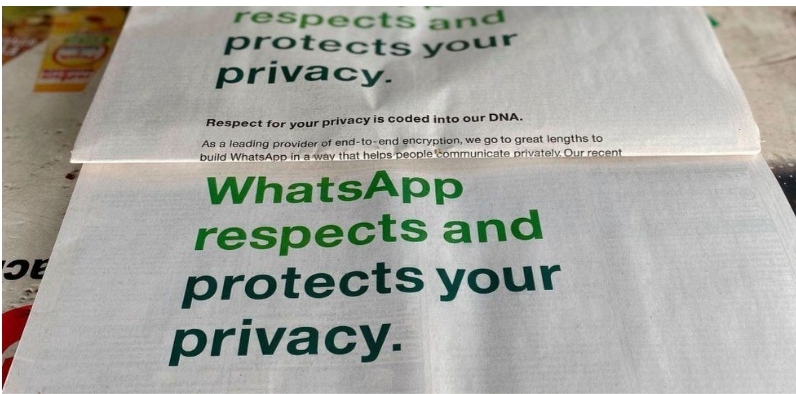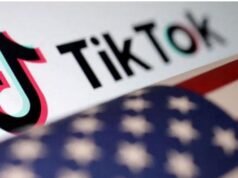India’s IT rules: For doing business in India Twitter must abide by Indian Laws, US Laws are not Applicable in India

Last week, Twitter India’s managing director was summoned by police in Ghaziabad, a city near the capital Delhi. As per the Indian law, he has since earned a temporary reprieve from court, protecting him from arrest, but the case is still open.
The summon issued was for a video – showing a hate crime – shared on the platform: a 72-year-old Muslim man was beaten up and his beard cut off. Many, including prominent journalists, shared the video. However the motive of showing the video was very very clear to every one.
Police say religion was not a motive and that the attackers were unhappy about an amulet the Muslim man had sold them. They arrested six people for the attack. Twitter was therefore asked to remove the video. They refused to do so, thinking that the mighty Uncle Sam’s laws will protect Twitter, even if it chooses to disobey Indian laws in India !!!!
The police therefore registered a complaint, under serious criminal charges, against Twitter India, news website The Wire, three journalists and three politicians of the opposition Congress party for sharing the video with an intention to provoke communal unrest.
It’s rare for social media company executives to be summoned over posts on their platforms because earlier there were hardly any regulations and therefore vested parties like Twitter had begun to exploit the system.Earlier like phone companies, these firms were treated as “intermediaries” whom Indian law does not hold responsible for posts on their sites – if they comply with the law and take down content when legally required to.
But India’s federal government says Twitter could lose that intermediary protection for failing to comply with new IT rules released in February be a use it thinks it is mightier than the Government of India. Well he country is not going to permit emergence of any new BRITISH EAST INDIA COMPANY. Those days are over.

The Information Technology (Intermediary Guidelines and Digital Media Ethics Code) Rules, clearly stipulate that large social media firms must appoint three executives – one for compliance, another for addressing user grievances, and a third for round-the-clock co-ordination with law enforcement. All three must be full-time employees and Indian residents.
The ministry of information technology says two of the new officials Twitter appointed are not employees, that its listed office address is that of a law firm, and that it hasn’t given details about the third hire, the chief compliance officer, who is criminally liable for non-compliance.
The rules also require social media firms to remove content within 36 hours of a legal order, and use automated processes to take down objectionable content such as pornography.
On 21 June, Twitter restricted 50 tweets, most of them with the contentious video, in India. And the company’s India head offered to meet the police over the video, an offer they rejected. They sent another notice asking him to appear in person.
“The Indian government is making an example of Twitter, to send a strong message to all foreign companies,” journalist and digital rights activist Nikhil Pahwa said. “It has China envy. It wants to exert more control over foreign players operating on the internet in India.” Yes Mr Pahwa, it is required, Twitter cannot start dictating to India. In that case it can leave India and do its business elsewhere or it is liable to be thrown out.

IT Minister Ravi Shankar Prasad said the rules are designed to prevent abuse of platforms
Losing “intermediary” status can make life very difficult for social media firms. Religious sentiment is easily hurt in India – for example by a cartoon about a cow, considered holy by Hindus – and could open the floodgates to thousands of complaints implicating the platform and its executives. The case against Twitter could be the first of many.
Twitter did not respond to a query about the compliance issue, barring a terse statement that an interim chief compliance officer had been retained, and that “Twitter continues to make every effort to comply with the new guidelines”.
Twitter is not the only company at odds with the government. Last month WhatsApp sued the government over the rules, which it says force it to violate user privacy. With more than 400 million Indian users, a fifth of its global customers, the Facebook-owned app is India’s largest messenger platform.
WhatsApp is objecting especially to a rule that demands that it trace the originator of a message, which the firm says will force it to break encryption and read and store every message. Not so, government officials say: WhatsApp must find a way to trace the originator without breaking encryption. But even that would need WhatsApp “to keep a fingerprint of every single message sent” in a database, which would break encryption and undermine people’s right to privacy, the company said in a statement.
The rule for tracing messages would affect other encrypted platforms, such as the increasingly popular Signal and Apple’s iMessage. For now, though, the government’s attention is fixed on WhatsApp.

WhatsApp has over 400 million users in India, a fifth of its global user base
This rule was first drafted in 2019 in the wake of dozens of rumours forwarded on WhatsApp: about child abduction, cow slaughter and other news that turned out fake but resulted in lynchings. The government wants WhatsApp to assist investigations into fake news and other crimes, including terrorism. But giving up encryption to help solve crime is a Faustian bargain, privacy activists say.
The UN’s special rapporteurs expressed serious concern that India’s new IT rules could lead to human rights violations and suppress freedom of speech. “Intermediaries will over-comply with takedown requests to limit their liability,” they said in a letter. They should mind their own business. In the garb of freedom of speech no one can be permitted to break laws laid down by the Indian Parliament.
The letter also says that the new rules provide power to censor journalists. But even before these rules, journalists have faced censure and criminal charges.
As it happens, the rules do cover publishers of news in a separate, exhaustive section, administered by another ministry – information and broadcasting. The compliance burden is onerous, and includes grievance redressal and content takedown processes. The National Broadcasters Association has urged the government to exclude digital news from mainstream media houses from the ambit of the rules. The government has refused.
The intermediary rules have resulted in other lawsuits. Thirteen media outlets have challenged them, saying they sought to “usher in an era of surveillance and fear”. A lawyer in Delhi sued Twitter for non-compliance with the rules and in Chennai, singer and artist TM Krishna petitioned the court, saying the rules affect his rights as an artist by imposing a chilling effect on free speech and his right to privacy.
One of the first petitions against the rules was filed by lawyer Sanjay K Singh in March. Mr Singh told the BBC that the rules go against his constitutionally protected right to free speech. He points to a landmark ruling against a draconian IT rule, 66A, that made posting “offensive” comments online a crime.
The Supreme Court struck down 66A, and said that intermediaries should not be forced to evaluate thousands of demands to pull down content, but must act on lawful requests to remove specific content.
“These new rules go against the letter and spirit of that ruling,” Mr Singh says. “It appears that what they really want to do is take down content critical of the government.” His case is still ongoing.
Shreya Singhal, the law student who challenged 66A in court, agrees.
But she says Twitter should have complied fully and then challenged the rules from a stronger position. A legal challenge is required, she adds, given that social media firms are expected to proactively censor content based on automated rules and keywords, potentially taking down a large number of tweets.
“We’re coming across as a Big Brother state,” Ms Singhal said. “This constant monitoring and control is far more than what we have ever had.”




